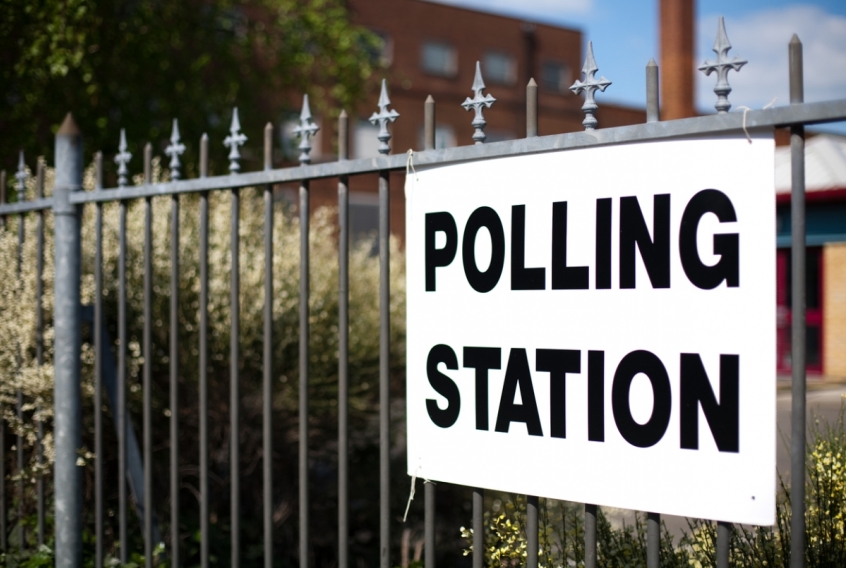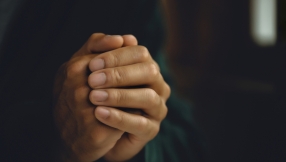
Congratulations to all the women and men newly-elected to serve as councillors across the UK. And thanks to all those who stood but were not elected.
Many Christians will be praying for their councillors and MPs and seeking to support them as they work for us all. Part of that support should include questioning them, challenging them, and asking them to justify or change their policies. Maybe also calling them out on their behaviour in public life.
That dialogue, working with an active local media, could have a healthy positive influence on grassroots democracy.
Churches and other faith groups have so much local knowledge. Often, we know how policies will work out on our patch. We have people in our congregations with first-hand experience and specialist insight. Our networks go deep into communities across the country.
Since most churches have a range of opinion in their congregations, political involvement is best left to individuals. Churches should support and pray for their members who are active in politics across the parties. It's not an easy calling.
In my experience, people who stand in elections, both local and national, are generally men and women of good will – and often of faith – committed to working for the public good.
Sadly, most people don't agree. In one widely respected poll, just 19 per cent of the UK population trusted politicians to tell the truth. Government ministers scored the same low rating – just above advertising executives who polled bottom. Local councillors rated a healthier 44 per cent.
Nurses, librarians, doctors and teachers topped the poll, with clergy/priests coming in mid-table at 58 per cent. So church leaders have a credibility gap too.
I take a generally optimistic view of politicians – and yes, I have been reading the newspapers and watching the headlines lately.
They may have different policies and belong to a range of parties, but most people go into politics to make their community or country a better place. Once in power, they face pressures to compromise and risk becoming detached from the people they serve.
Being elected to public office is a challenging, important role, and I'm grateful that people come forward to serve us in the maelstrom of modern-day politics.
The response to the Archbishop of Canterbury's Easter Day sermon – when he criticised the government's proposal to fly would-be asylum-seekers to Rwanda – showed that when the church enters the political debate, it can be a bumpy ride. But that doesn't mean Christians should keep quiet.
When the Grenfell Tower fire tragedy took place in west London in June 2017, claiming the lives of 72 people, it was the long-established churches and other faith groups that the local people trusted to help them. They had the credibility and knew the area well.
Grenfell also exposed the lack of an active local media. No one was listening to the urgent safety concerns of the Grenfell residents when they sought to make them known.
Since their growth in the 19<sup>th century, local newspapers have been keeping people informed of decisions that affect their lives and playing an active role in their communities. I paced the streets of west London as a junior reporter some years back.
Today, many local newspapers are feeling the squeeze, with much advertising going online to global tech companies like Facebook and Google. The local press is fighting back, developing their online presence and new sources of income, but it's a tough marketplace.
Yet local news, produced by experienced journalists with a deep knowledge of their patch is an essential part of local democracy. Without strong local journalism, who is there to support 'speaking truth to power' and holding local politicians to account?
Together, a thriving local media and Christians playing an active role in community politics could help support local democracy across the country. And that can only be a good thing.
Rev Peter Crumpler is a Church of England minister in St Albans, Herts, UK, and the author of 'Responding to Post-truth' (Grove books).













